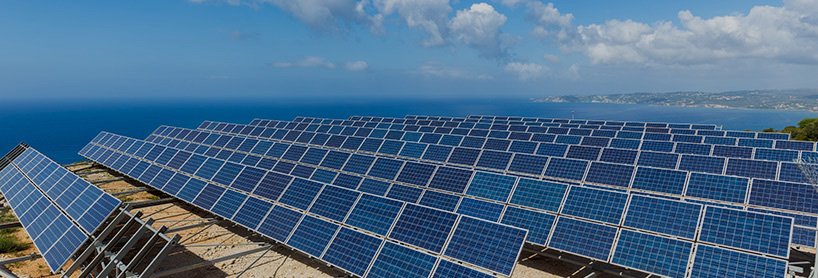The Board of Commissioners is exploring converting the town’s streetlights to LEDs, a move that could eventually save the town approximately $8,000 a year.
On Tuesday night, the board voted to have ESCO Energy Services Company do an energy audit of the town’s 120 streetlights, which would give the town a better idea of how much it could save from a conversion. The commissioners first started exploring the idea of converting the streetlights in August after hearing a presentation from Jack Hanley of ESCO.
In his presentation, Hanley estimated that it would cost the town about $40,000 to convert all the lights, but with a savings of about $8,000 a year, the conversion would pay for itself in about five years. The $8,000 in savings would come from the lower energy costs of LED lights and from the money Charlestown would save by buying its streetlights from Delmarva Power. Like most municipalities in the country, Charlestown rents its streetlights from a utility company.
“Municipal street light ownership is a relatively new program that’s kind of sweeping the country,” Hanley told the commissioners. “Every month somebody like (Charlestown Town Administrator) Wib (Pumpaly) writes a check and hands it off to the utility and for decades they have been charging exorbitant amounts of money for streetlights you should have owned decades ago. It’s a unique opportunity.”
If Charlestown were to buy the lights from Delmarva, the town would also have to pay for all the maintenance costs. These costs would be significant if the lights aren’t converted to LEDs as the high-pressure sodium bulbs in the lights typically need to be changed out every three to five years. But the LED lights ESCO installs are guaranteed for 10 years and have a life expectancy of 15 to 20 years, Hanley said.
Still, ESCO recommends that for the first 12 to 15 months towns put aside $1 a month per light as a hedge against future maintenance costs. Once the town has a better idea of annual maintenance costs, that amount can be adjusted, Hanley said. He also noted that ESCO only charges for the repairs it performs rather than a flat, annual maintenance fee.
ESCO also offers the option of having a smart chip installed in each light for an additional cost. The smart chip allows the lights to be dimmed or brightened individually or as a group. So, for example, if there’s an accident at night, a particular light or set of lights could be brightened to better illuminate the scene.
The smart chips could also be used to track the locaton bracelets often worn by Alzheimer’s patients or those with autism, a feature town commissioner Renee Capano said she found particularly attractive when she first heard about ESCO at the Maryland Municipal League conference last summer.
The town would also never have another lost dog, Hanley said, because the smart chips can track the computer chips many dogs have to prevent them from being lost. The chips could even be used to provide WiFi, Hanley said.
On Tuesday night, Charlestown commissioners were optimistic about the idea of converting the town’s lights to LEDs as they unanimously approved the energy audit. Town clerk Janine Antoshak also suggested that, once the energy audit is done and the town has more exact numbers, Charlestown might be eligible for some energy grants to cover the initial cost of converting the lights.
Treasurer Ken Confalone called the LED conversion “a very good deal.” He also noted that the town received a grant to install LEDs in town hall and since then, electricity costs for the building have dropped dramatically.
“The benefit for us the next five years is minimal. It’s in the hundreds of dollars,” Confalone said. “But it’s going to have a huge effect on the finances of the town down the road.”




